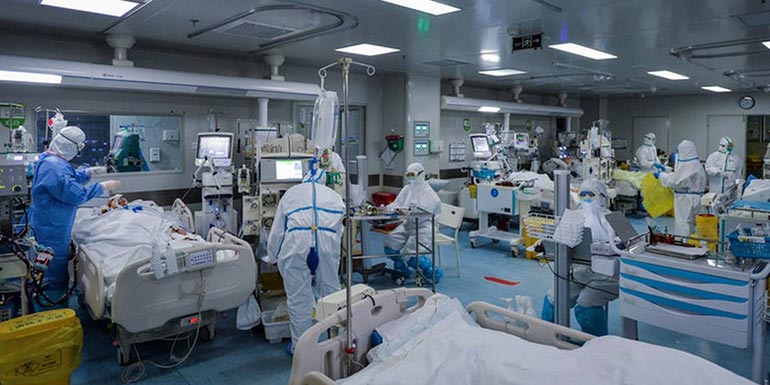As the coronavirus continues spreading, the Netherlands is preparing for a scenario in which 50% to 60% of the population will get infected over time.
In an address to the nation, Prime Minister Mark Rutten, announced that virologists expect that, as long as there is no vaccine, 50% to 60% of the Dutch population will be infected at some point. When these percentages are reached, a so-called group immunity will prevent the other 50% to 40% percent of the population from getting infected.
The government hopes the young and healthy, who have a high chance of survival, will be the ones mainly infected. The strategy could lead to deaths in the thousands, if the most vulnerable in the society are not protected well enough.
Currently there are only 1,050 intensive care beds in the country. Meaning that, similar to Italy the Netherlands could quickly reach a point in which healthcare professionals need to decide on who will receive a spot in the ICU . With this in mind, The National General Practitioners Association is discussing what will be the best policy.
Ella Kalsbeek, head of the Dutch National General Practitioners Association, said in an interview with the national NPO Radio that “elderly above 80 years-old who had previous conditions with their heart or lungs often couldn’t survive the Covid-19 disease.
The Association is preparing doctors to keep ICU for serious cases and when diagnosing patients who likely won’t recover to ask questions like: ‘You are 80 years-old, how do you feel about that? We think that you are too vulnerable for the breathalyzer, would you still like to go to the hospital?” Ms. Kalsbeek states that many elderly in these situations prefer to stay home and receive basic end of life care then go through ICU.
Ms. Kalsbeek also mentioned that: “As long as it’s possible, general practitioners and home care facilities will keep helping the elderly. But if too many people get ill at the same time there could be a situation where palliative-care facilities need to be arranged in, for example, a hotel.”
